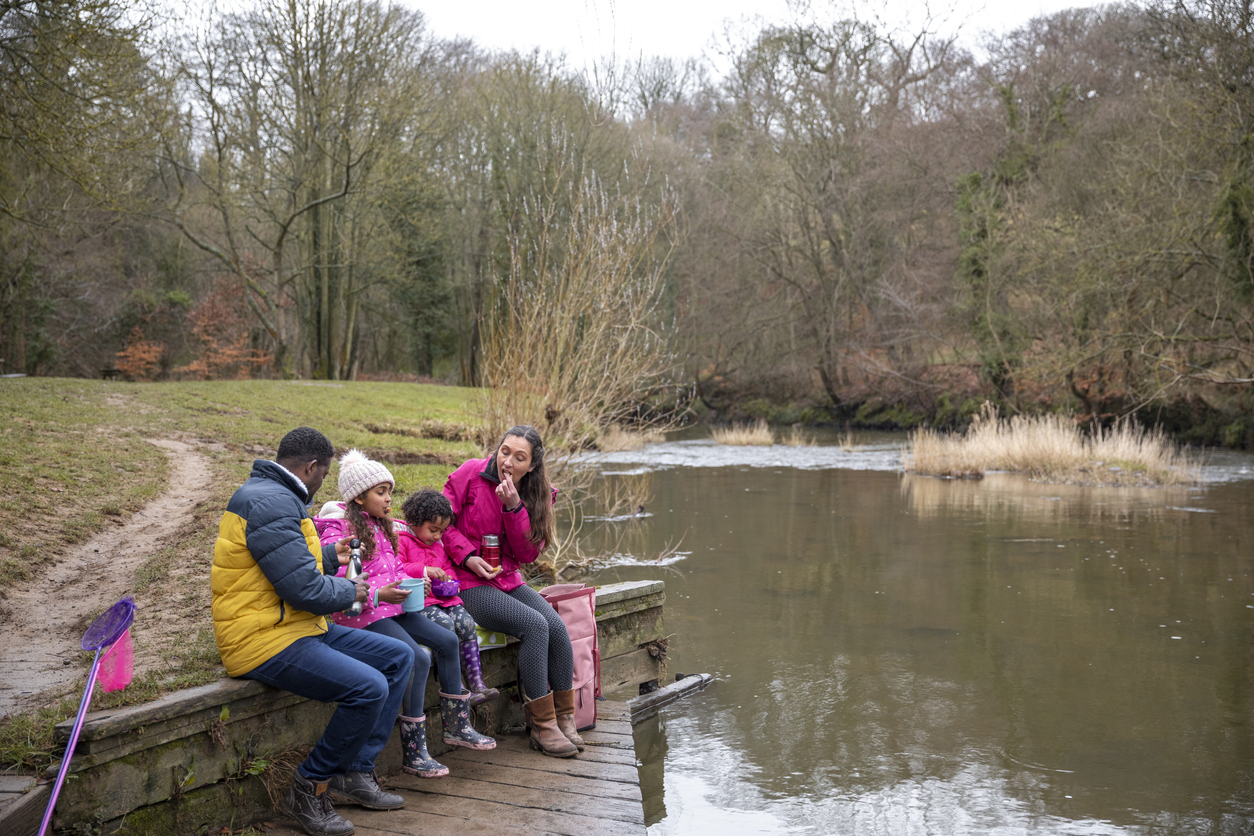People prepared to pay more to increase the role of nature in tackling water challenges

Households would be willing to pay up to £40 a year more on their water bill to use nature instead of man-made materials to improve river water quality and reduce the risk of flooding.
A study by the Consumer Council for Water (CCW) explored people’s appetite for water companies to pursue nature-based approaches to tackle some of the most pressing challenges facing the sector.
These include flooding, which has already swept through large swathes of the country this winter, and on-going concerns about river pollution stemming from storm overflows.
Cost was the single most important consideration for people when asked to think about what water companies in England and Wales should be prioritising when it comes to infrastructure projects. But despite cost-of-living pressures, consumers were still willing to make some trade-offs to help pay for environmentally-friendly approaches as they recognised they could provide additional benefits.
When presented with different scenarios, the study found households were willing to pay as much as £40 a year more to fund nature-based approaches, instead of man-made solutions like concrete water storage tanks.
Approaches like sustainable drainage systems – sometimes referred to as ‘sponge cities’ – were more appealing to consumers due to being less reliant on man-made materials, having a smaller carbon footprint and being more pleasing on the eye.
Consumers are concerned about climate change and the impact of pollution upon rivers and seas. Addressing these problems in a way which is also kind to the environment strongly appealed to people.
But there was significant scepticism whether water companies could be trusted to deliver and maintain the schemes effectively enough to bring the promised benefits to rivers, wildlife and the wider environment.
Mike Keil, Chief Executive of CCW, said:
Water quantity and quality lies at the heart of the climate crisis that confronts us. Customers strongly support working with nature – not against it – to overcome these challenges through sustainable approaches. Water companies must listen to their customers and ensure people’s preferences are reflected in their future investment plans. Companies that relentlessly pursue traditional, carbon-intensive solutions, rather than nature-based approaches that can deliver greater value in the long run, risk further eroding customers’ trust.
Mark Lloyd, CEO of The Rivers Trust, said the charity had been championing the long-term benefits of nature-based solutions.
This research clearly shows that the public would like to see more natural solutions to the current river water quality and waste water treatment challenges. While keeping bills low is important to consumers, they are willing to accept bill rises for natural solutions because they recognise and value the additional benefits these solutions can provide to society, such as reducing climate impacts, providing space for nature and local amenity value. In many cases, nature-based solutions are less expensive than engineered solutions but regulations prevent them from being deployed. That’s why regulators need to take note of this research too.
Gail Davies-Walsh, CEO of Afonydd Cymru, said:
We are very grateful to CCW for carrying out an insightful survey of opinions on water and sewerage infrastructure. It was very encouraging to learn that water customers were strongly supportive of nature-based solutions for drainage and wastewater treatment, even if that might mean more is added to their bills. We agree entirely with that approach and hope that the results of this survey will help persuade water companies and Government that nature-based solutions must play a significant role in the efforts to improve water quality in Welsh rivers.
Richard Benwell, CEO of Wildlife and Countryside Link, said:
This is yet another demonstration that nature recovery is a high priority for the British public. So many people understand that nature is a brilliant investment, bringing so many more benefits than the market ever accounts for. Let’s hope politicians and regulators will soon catch up and drive companies in all polluting sectors to invest in nature.
We’ll always need some old-fashioned infrastructure, but why choose concrete when nature can do the job? A nature-first approach should be the new expectation.
Water companies’ business plans setting out their investment proposals for 2025 to 2030 and how much they want to charge customers to pay for it were submitted last October and are currently being scrutinised by the regulator Ofwat.
CCW has found evidence that some companies have reduced the role of nature-based projects – such as sustainable drainage solutions – in favour of building concrete tanks or other man-made approaches.
CCW will be asking Ofwat to consider our research and look closely at the reasons behind companies’ choices around investment as part of its assessment of the plans.
The regulator will make its final decisions on investment, service levels and price limits in December.
Read the full report: Keen to go green? Customer preferences and priorities for waste water solutions
Notes to Editors
- The research was undertaken by Yonder and involved an online survey of 2,320 adults from across England and Wales, as well as three 90-minute focus groups.


